In our procurement processes, we attach great importance to the use of selective and safe fishing methods and equipment so that the accidental capture of immature fish and other species is minimised. We consider it a priority to protect the marine environment so that the natural heritage and biodiversity of the waters and seabed are preserved.
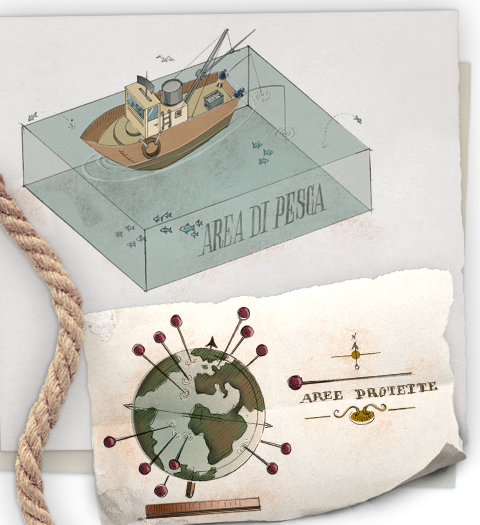
We promote the presence of independent international observers on board our suppliers’ vessels and we do not purchase species considered endangered. 92% of our suppliers fish or purchase fish species that are not endangered.
We prefer to work with suppliers who:
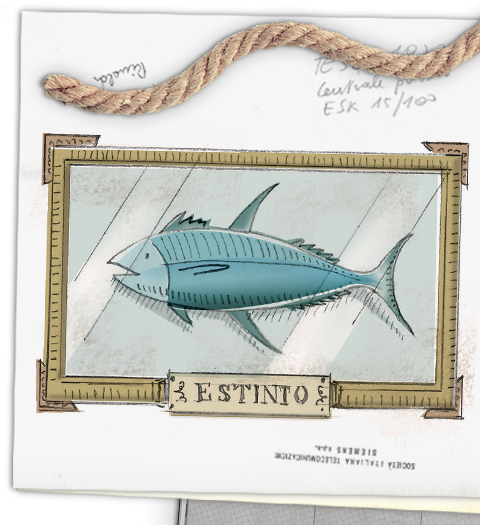
We constantly safeguard and enhance the quality of our products by means of a careful selection of raw materials and constant attention to the health and safety of processes and products.
We are directly committed to physical, chemical, bio-chemical and organoleptic checks on our finished products to test their quality and food safety, but we also have another indirect form of involvement: 100 per cent of our suppliers perform physical, chemical, bio-chemical and organoleptic checks on the main raw materials (fish resources) to test their quality and food safety.
All of our suppliers apply strict food safety standards in accordance with current regulations. 87% of our suppliers go beyond their legal obligations and have obtained a number of food safety certifications that aim to make the final seafood product even safer and with exceptionally high levels of quality. Among the certifications obtained are:
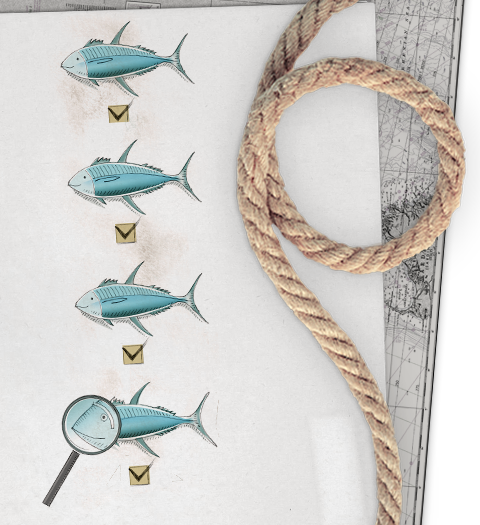
Icat Food is committed to making its supply chain more attentive to its environmental impact, striving to improve its approach to the management of activities to protect the ecosystem and the respective territories. Our suppliers are already operating in this direction:
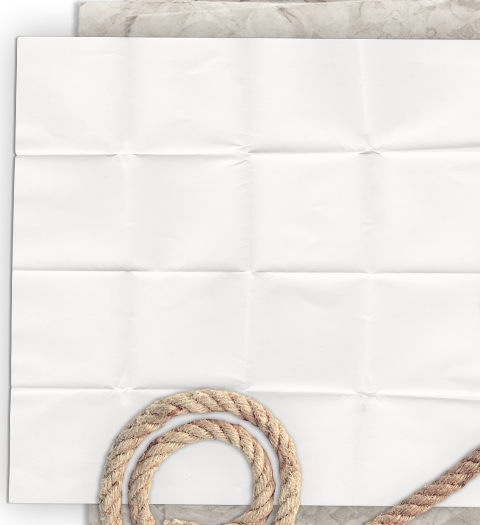
In our procurement processes, we attach great importance to the use of selective and safe fishing methods and equipment so that the accidental capture of immature fish and other species is minimised. We consider it a priority to protect the marine environment so that the natural heritage and biodiversity of the waters and seabed are preserved.
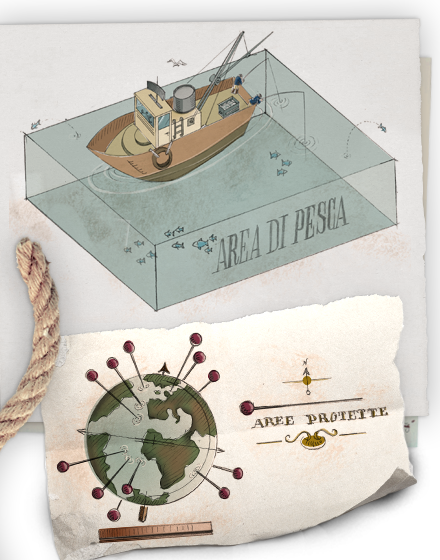
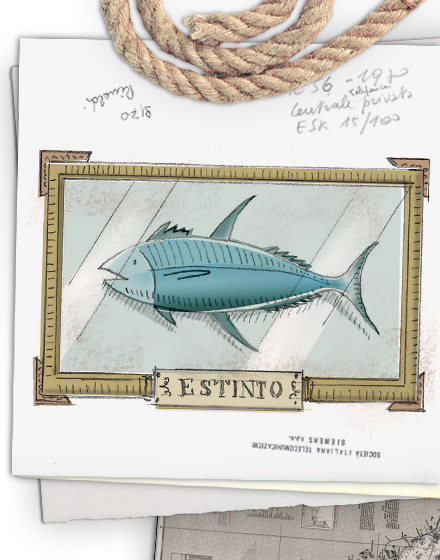
We promote the presence of independent international observers on board our suppliers’ vessels and we do not purchase species considered endangered. 92% of our suppliers fish or purchase fish species that are not endangered.
We prefer to work with suppliers who:
We constantly safeguard and enhance the quality of our products by means of a careful selection of raw materials and constant attention to the health and safety of processes and products.
We are directly committed to physical, chemical, bio-chemical and organoleptic checks on our finished products to test their quality and food safety, but we also have another indirect form of involvement: 100 per cent of our suppliers perform physical, chemical, bio-chemical and organoleptic checks on the main raw materials (fish resources) to test their quality and food safety.
All of our suppliers apply strict food safety standards in accordance with current regulations. 87% of our suppliers go beyond their legal obligations and have obtained a number of food safety certifications that aim to make the final seafood product even safer and with exceptionally high levels of quality. Among the certifications obtained are:
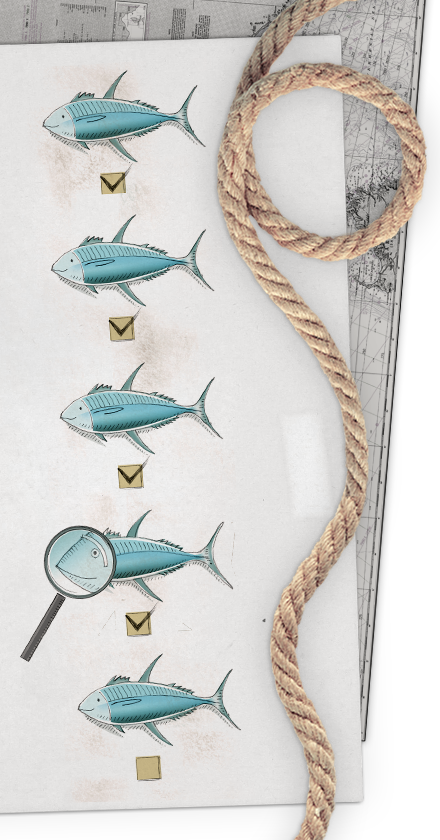
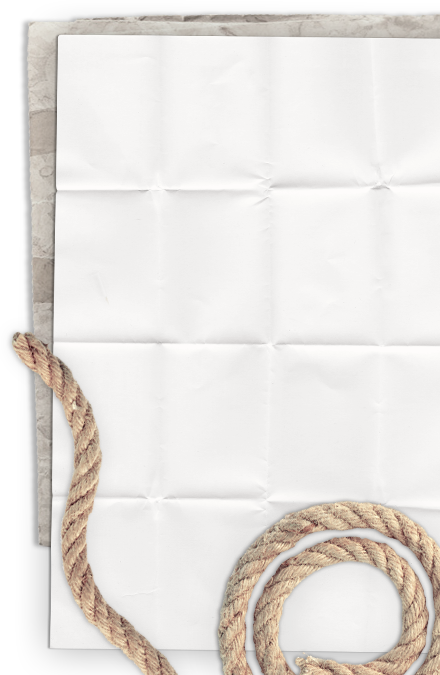
Icat Food is committed to making its supply chain more attentive to its environmental impact, striving to improve its approach to the management of activities to protect the ecosystem and the respective territories. Our suppliers are already operating in this direction: